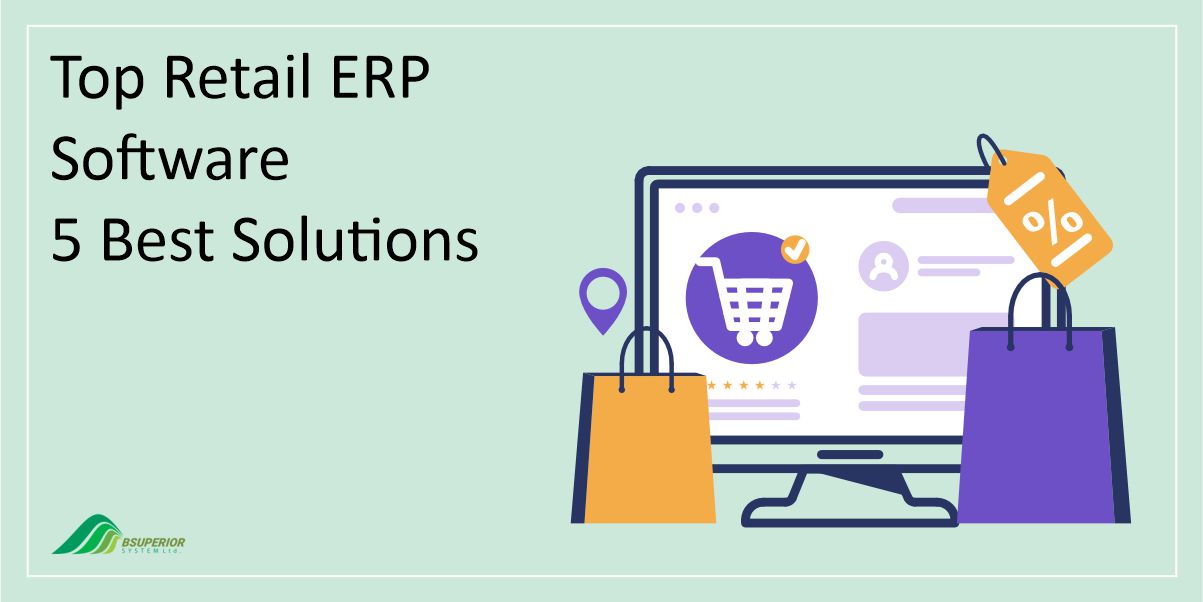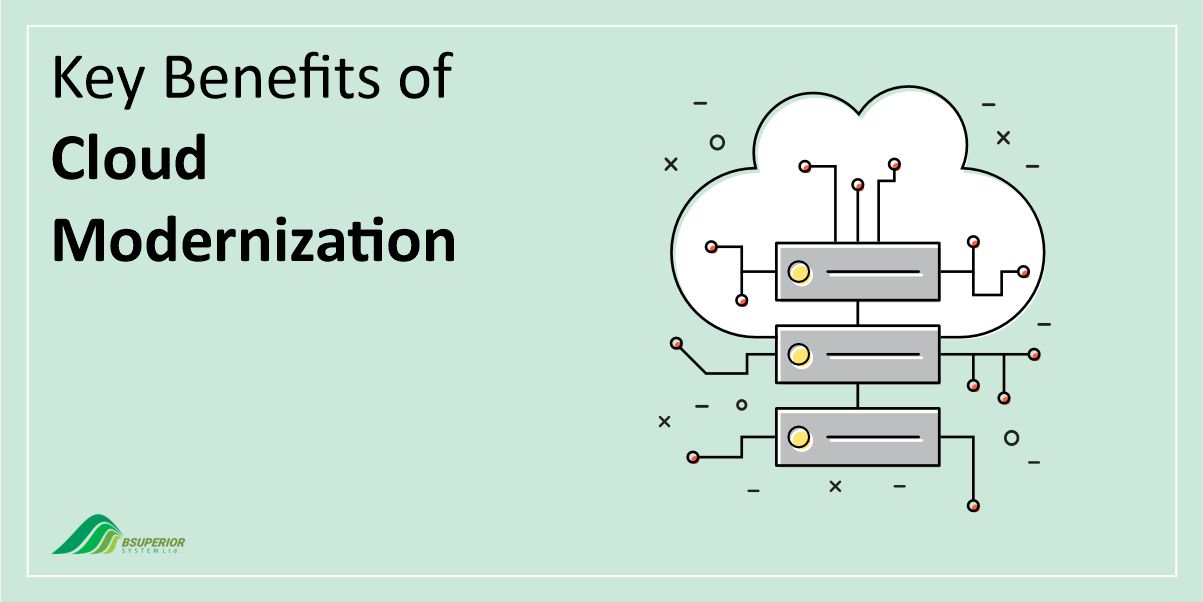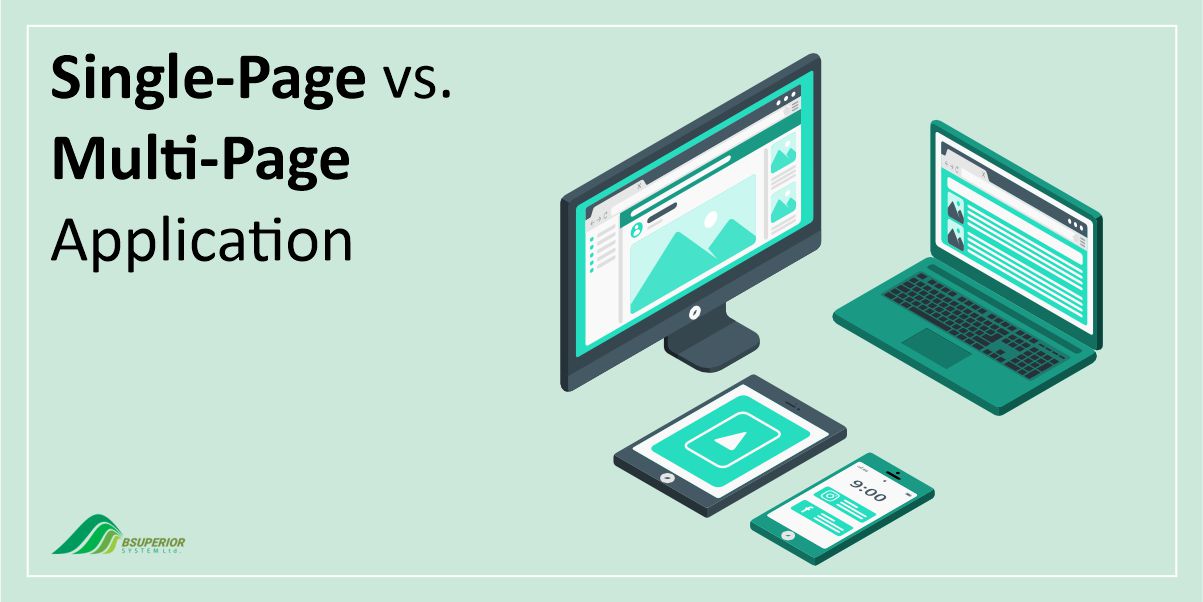What is ERP in Manufacturing? Modules and Benefits
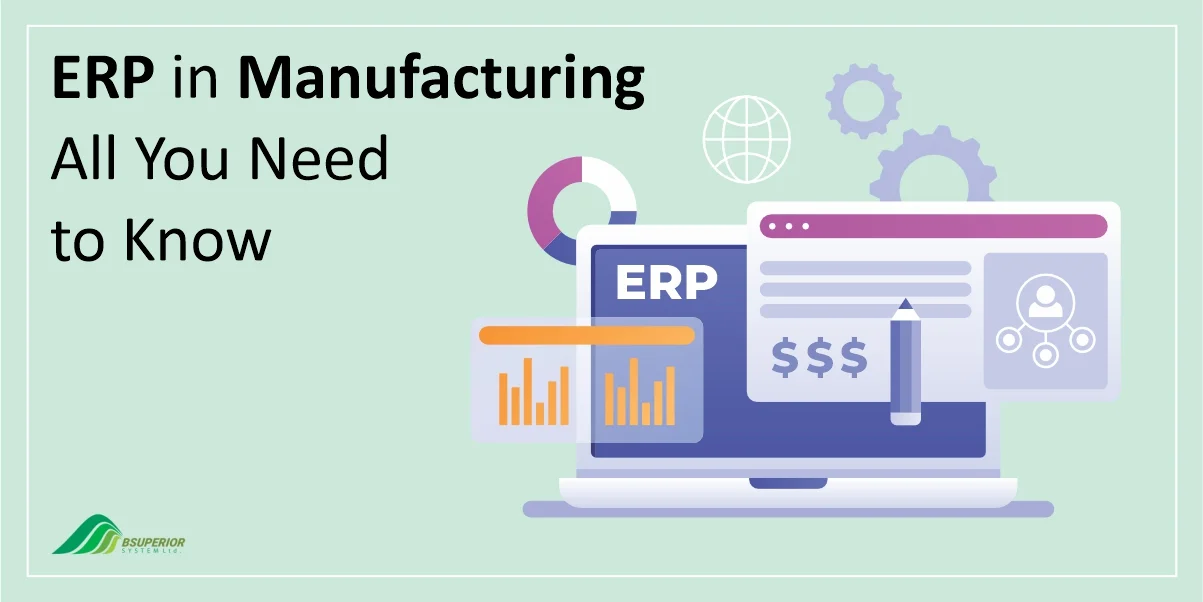
Table Of Content
- What is Manufacturing ERP?
- Manufacturing ERP vs. Standard ERP
- Why Do Manufacturers Need ERP?
- What are the Benefits of Manufacturing ERP?
- What are the Must-Have Manufacturing ERP Modules?
- Choosing the Right ERP For Your Manufacturing Business
- Outpace the Competition with BSUPERIOR’s Custom Manufacturing ERP
Today’s ERP software offers cutting-edge modules specifically designed for manufacturing businesses. These modules act as building blocks, enabling you to create a seamless production flow that encompasses everything from detailed routings to precise bills of materials.
In this blog post, we’re going to help you learn more about manufacturing ERP and how it can impact your manufacturing business.
What is Manufacturing ERP?
Manufacturing ERP software functions as a central nervous system for manufacturers. It connects and optimizes various business functions, from planning and ordering materials to managing production and deliveries.
It is indeed a flexible platform that streamlines all the moving parts of a manufacturing company, making operations more efficient and data-driven.
Manufacturing companies rely on ERP software to boost efficiency and stay competitive. These systems enable companies to optimize how resources are used across all operations.
From shop floor control to inventory management, ERP helps manufacturers do more with less which will potentially result in increasing profitability and growth.
Read more: What is ERP in Procurement? Role and Benefits
Manufacturing ERP vs. Standard ERP
As you can see below, standard ERP systems are designed to meet the general needs of all businesses, while manufacturing ERP systems are specifically designed for the manufacturing industry.
This means that manufacturing ERP systems have a wider range of features and functionality that are specifically tailored to the needs of manufacturers.
Additionally, manufacturing ERP systems are designed to integrate more seamlessly with other manufacturing software and systems, which can help to improve efficiency and productivity.
If you are a manufacturer, then using a manufacturing ERP system is essential for optimizing your operations and staying competitive.
| Features | Manufacturing ERP | Standard ERP |
|---|---|---|
| Focus | Manufacturing-specific needs | Generic business needs |
| Functionality | Advanced features for manufacturing processes | Common features for all businesses |
| Integration | Deep integration with manufacturing processes | Limited integration with manufacturing processes |
| Data Visibility | Full visibility and control over data | Restricted view of data |
| Customization | Designed for out-of-the-box use | May require customization |
Why Do Manufacturers Need ERP?
Regardless of size, manufacturing companies can significantly improve their operations by implementing a dedicated ERP system.
Unlike basic tools, ERP integrates and manages crucial processes including production, procurement, supply chain, and distribution.
But the benefits go beyond just efficiency. Manufacturing ERP provides a comprehensive view of daily operations, acting as a single source of accurate and up-to-date information for all departments and processes.
This 360-degree visibility enables stakeholders to:
- Coordinate Effectively: With shared information, departments can collaborate seamlessly. This not only reduces delays but also improves decision-making.
- Optimize Production: By analyzing data across the entire production chain, companies can identify bottlenecks, optimize resource allocation, and streamline workflows.
- Strengthen Supply Chains: Improved visibility allows for better planning and forecasting. Additionally, it leads to timely deliveries and reduced inventory costs.
It can be said that a manufacturing ERP system transforms a company from reactive to proactive, and enables them to adapt quickly, make data-driven decisions, and ultimately achieve sustained success.
Read more: ERP Integration: Benefits and Everything Else You Need to Know
What are the Benefits of Manufacturing ERP?
Implementing a manufacturing ERP system can significantly impact your company’s performance. Wondering how? Read below:
- Boost Productivity: With manufacturing ERP, all your resources – people, materials, machines – work in perfect harmony.
ERP integrates your operations and provides real-time data and insights for smarter decisions. This translates to increased efficiency as well as higher output. - Break Down the Walls: Siloed departments lead to information gaps and wasted effort. ERP removes these barriers by equipping you with a unified view of your entire manufacturing process.
- Unleash Cost Savings: In today’s competitive landscape, every penny counts. ERP helps you squeeze the most out of your resources by optimizing operations and eliminating redundant tasks.
Reduced manual errors, improved inventory control, and automated processes all contribute to significant cost savings. - Predict the Future, Adapt to Change: Market fluctuations can be tricky to navigate. With ERP, you gain the power of accurate forecasting.
By analyzing real-time data and historical trends, you can anticipate demand changes, adjust your production accordingly, and more importantly, stay ahead of the curve.
What are the Must-Have Manufacturing ERP Modules?
Manufacturing businesses face unique challenges in managing complex processes, ensuring quality, and optimizing operations.
The following are the key modules within a manufacturing-focused ERP system that can significantly enhance efficiency and control.
1. Inventory Management:
This module goes beyond basic stock alerts. It considers industry regulations specific to raw materials, enabling intelligent decisions based on AI insights. For example, it can detect quality issues and ensure compliance without disrupting production.
2. Quality Control and Assurance:
This module automates quality checks and tests, trackable down to individual product serial numbers. It allows you to define and enforce standards, ensuring top-quality products consistently.
3. Product Data Management (PDM):
PDM centralizes product-related data and contributes to informed decision-making. It helps with cost accounting, logistics planning, and sales order fulfillment without impacting profitability.
4. Multi-Division Planning:
This module simplifies production management across multiple divisions, regardless of location or size. It can also handle diverse manufacturing types, from repetitive to hybrid, and streamline processes for a cohesive ecosystem.
5. Manufacturing Execution System (MES):
This module provides real-time data on production processes. It uses Industry 4.0 technologies like sensors and robots to monitor work-in-progress.
6. Materials Requirement Planning (MRP):
This module automates the planning, scheduling, and ordering of raw materials based on various factors, including AI-driven insights. Moreover, it helps optimize resource allocation and ensure timely deliveries.
7. Lot Tracking and Serial Traceability:
This module provides enhanced product tracking, particularly for highly regulated industries. What’s more, it ensures automated and reliable traceability throughout product development and delivery, helping to meet strict government regulations.
Choosing the Right ERP For Your Manufacturing Business
With constant changes and disruptions in the manufacturing landscape, choosing the best ERP isn’t a one-size-fits-all answer. Instead, focus on solutions that empower your company to adapt and thrive in this dynamic environment.
The best ERP for your manufacturing business depends on your specific needs and ability to adapt to change. With various types and deployment options available, consider the following:
On-premise ERP
This traditional approach gives you complete control and ownership of the system but also carries the responsibility of managing hardware and infrastructure costs.
- Pros: Offers full control and ownership, allowing for customization.
- Cons: Requires managing hardware and infrastructure, which can be costly and complex.
Cloud-based ERP
With a cloud-based ERP, you will enjoy the benefits of a flexible, comprehensive system with continuous updates, support, and training from the provider, all accessible online.
- Pros: Provides easy access, flexibility, and regular updates with minimal IT burden.
- Cons: Reliance on internet connectivity and potential security concerns.
Hybrid ERP
This blend of on-premise and cloud solutions offers flexibility to migrate between models or integrate features unavailable in your current setup.
- Pros: Combines on-premise and cloud benefits, offering flexibility and integration options.
- Cons: Can be more complex to manage and require expertise in both environments.
Read more: Inventory Module in ERP: Everything You Need to Know
Outpace the Competition with BSUPERIOR’s Custom Manufacturing ERP
Staying ahead in today’s competitive landscape requires both efficiency and clear visibility into your operations. Generic ERP systems might not be enough to bridge the productivity gap, but specialized manufacturing ERP can offer the solution.
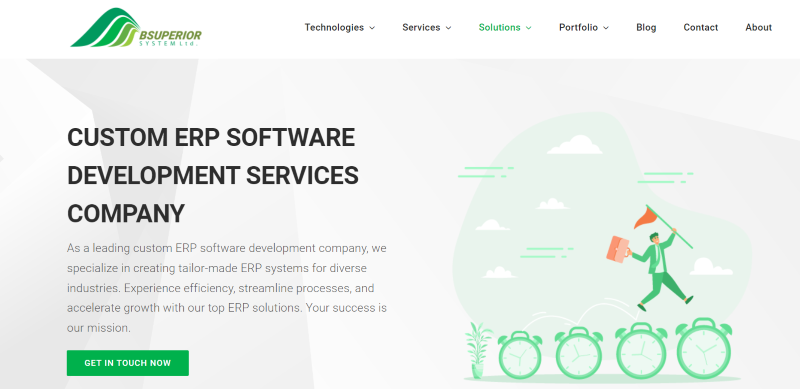
Rather than relying on a one-size-fits-all approach, consider an ERP system tailored to your high-tech manufacturing needs. That’s where BSUPERIOR comes in.
As a leading custom ERP software development company, we specialize in crafting solutions that seamlessly integrate with your unique industry and business processes.
Our Production Management Module can help you:
- Plan and Control Production Seamlessly: Manage bills of materials, work orders, and more with ease.
- Real-Time Shop Floor Updates: Stay ahead of schedule and avoid delays with instant insights from your production line.
- Boost Productivity and Transparency: Gain the visibility and control you need to optimize your operations and outsmart the competition.
Ready to Learn More? Contact us today to explore how our customized ERP solutions can help your high-tech manufacturing business thrive in a competitive market.
We value your input and believe this content may enhance our services. However, it's under review. If you see room for improvement, please use the "Report an issue" button below. Your feedback helps us excel.
Contact us today at –– and speak with our specialist.

